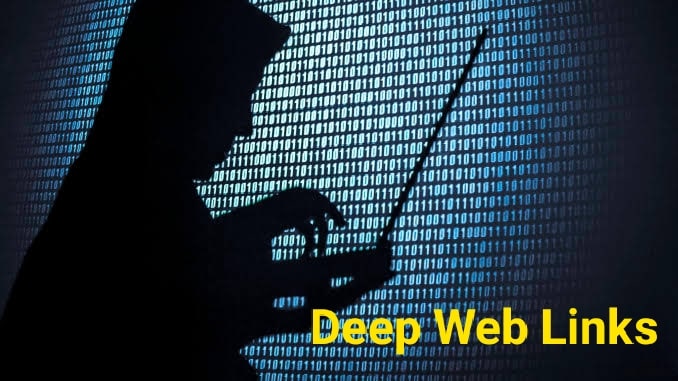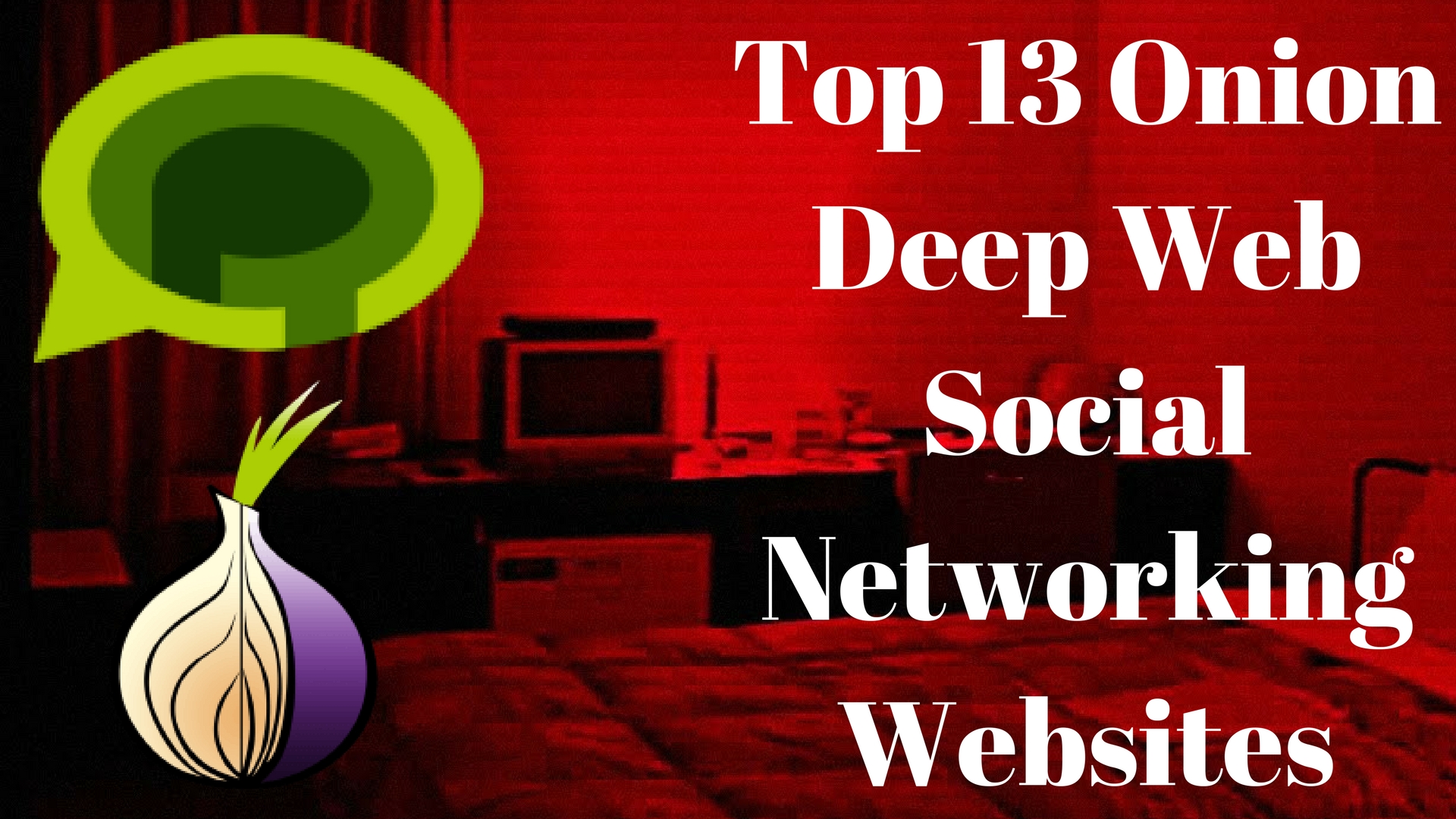Some like to equate the internet with the Wild West. Instead of the fastest hand in the draw, you have cursors, there’s excitement around every corner without the danger of being lassoed, and there’s even online gambling. This is a fun way to look at the internet as a new frontier to explore, but that doesn’t mean it’s all fun and games.

Just like the Wild West, there are threats at every turn that you need to be prepared for. This means understanding how to protect yourself online and how to properly practice cybersecurity. Here are 6 easy ways to keep safe while browsing the web.
1. Use a VPN
A VPN, or virtual private network, is a way to encrypt your connection on the internet, so people can’t trace your IP address and connections. As mentioned on this site, there are plenty of VPN services that allow for safe browsing. Some offer free memberships, but you often get less download bandwidth and fewer features. The paid VPN status gives you a lot of options, and often for a reasonable price. Be sure to look out for promo codes or free trials for popular VPN services. All in all, using a VPN will allow for more anonymous web usage, so you can feel safer.
2. Use Antivirus Software
Your computer should come with antivirus software, but it’s not uncommon to ditch the default program for one that meets your needs. Just like a VPN, finding the right antivirus comes down to looking for key features. These include threat detection warnings and containment, malware deletion software, password protection and encryption functions, and many more. There are a lot of good, free software options, but it’s not a bad idea to consider paying for one to get the full protection plan.
3. Install an Adblocker
Many viruses and scams online originate from ads, pop-ups, and clickware. These are easily spotted, but they can be overpowering and lead you to click on something you wish you hadn’t, so you need help. An ad blocker installed into your browser, in the form of an extension, will give you the much-needed protection that will stop these pesky ads from getting in your face and making you dread going to an unprotected website.
4. Know the Signs of Online Scams
There are plenty of scammers and online tricks that are pulled these days, so it’s valuable to know some information and what to look for. Email scams are common, and you can get bombarded with offers that seem too good to be true, which they usually are. Phishing is also a big scam to know about, which attempts to lure out information. Never enter personal info that seems too much to ask for or any kind of financial information unless from a verified source, like a payment processor on a legitimate eCommerce site. Knowing the signs of a scam is a good way to ensure you don’t get caught up in one.
5. Make Stronger Passwords
Your password might be compromised not for the fact that people know it, but for the fact that people can realistically guess it. Passwords are not a suitable defense against trained cyber threats, it’s just too easy of a password. You can actually see the list of most used passwords, and they’re all painfully shallow in terms of protection. Your passwords, for everything, should be long, include upper and lower case letters, numbers, and symbols to ensure that it’s harder to crack. Another piece of advice would be to use 2FA (two-factor authentication) as well, which uses generated codes or bio-scans (fingerprint, retina scan) to enhance the protection even further.
6. Share Less Personal Information
When using the internet, especially social media, you need to remember that most, if not all of the stuff you post is going to be on there forever. This means limiting how much you post in the way of your personal information. You might shrug it off now, but the more you post could give people better clues to your identity or other sensitive information. Limit how much you post and be cautious of what you do post so that you’re not making yourself an easy target.

Being safe on the internet isn’t as hard as being safe in the Wild West. You don’t need to protect against rattlesnakes, but a hack or attack from an online scam can be just as damaging. Using these 6 easy ways to protect yourself online, you can enjoy your time on the web in peace.






![[Top 9] Chat Forums on Deep Web | Deep Web Chat Rooms | Enter At Your own Risk Top 9 Chat Forums on Deep Web, The Lolita City, onion deep web, dark web lolita, lolita city,](https://www.gadgetgyani.com/wp-content/uploads/2018/03/deep-web-CHAT-FORUMS.jpg)













